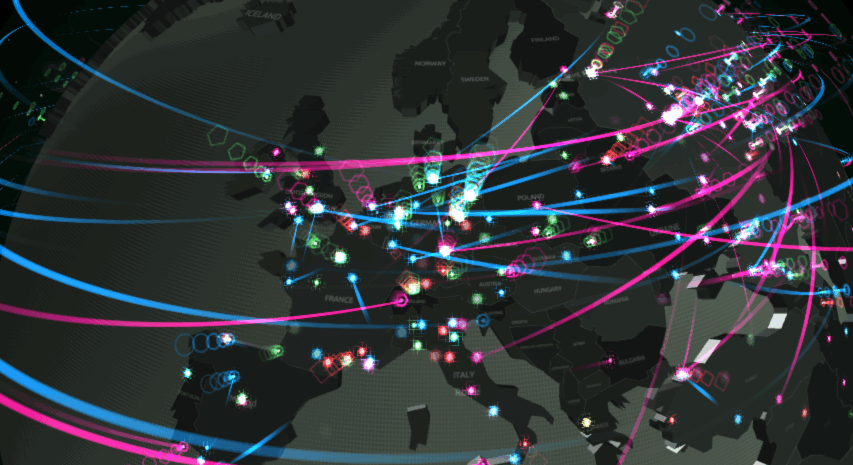Serious games are particularly popular in Business Schools and universities: we are used to run business simulations, marketing games, project management role-playing games, etc.
I have always been fond of gamification and engaging alternatives for learning complex topics (cybersecurity is one of them) and was always pushing the boundaries (how to teach technical and engineering topics to managers?). Hence, I developed at the Sorbonne an escape room for cybersecurity – a live action team game, where players are hackers/industrial theft and have to exploit cybersecurity vulnerabilities in order to steal confidential and strategic business data.

The game was designed for MBA and master students and comprised multiple activities … and even a lockpicking test! This is the kind of lockpicking game one could encounter at the Black Hat Conference or Defcon for instance, so it wasn’t complex (all the teams succeed).
Of course, this game would not have been possible without the talented project team at the Sorbonne Business School that made the project come alive! Congrats again to this highly motivated team of students for their hard work (Simone, Charline, Alice, Emma, Florine and Guillaume).
And thanks to Melodia and Antoine @ NTT for their technical support for this event 🙂

The game has been conceived and played in French, but it is currently being translated in English. I intent to publish it here in the coming months.



